Healthy Oil Series: 6 Quick Lube Pitfalls-Get the Best Oil Change
Even as vehicles have gotten more sophisticated in the last 20 years, there’s still one piece of important maintenance that almost anyone can still...
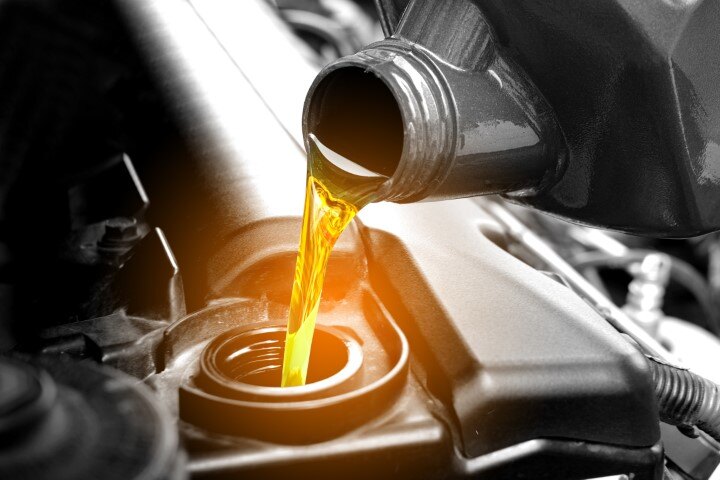
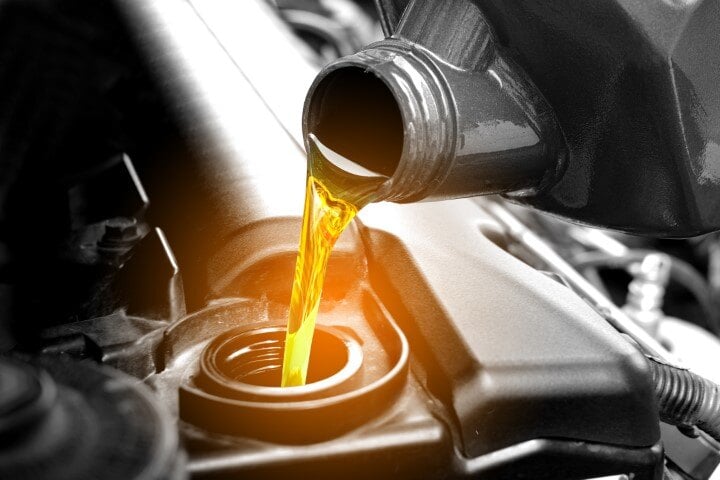 As a consumer, it's unfortunate to spend $20 or more of your hard-earned money on an oil additive that promises to do certain things but fails to deliver. It's enough to put you off of any kind of oil additives altogether. But like many things, there are grains of truth in things oil additives can actually do, vs. the untruths that dishonest manufacturers capitalize on to separate people from their money and do the whole industry a disservice.
As a consumer, it's unfortunate to spend $20 or more of your hard-earned money on an oil additive that promises to do certain things but fails to deliver. It's enough to put you off of any kind of oil additives altogether. But like many things, there are grains of truth in things oil additives can actually do, vs. the untruths that dishonest manufacturers capitalize on to separate people from their money and do the whole industry a disservice.
Here are some comments on things oil additives can do and things they can't. Keep these in mind the next time you're thinking about buying an oil treatment for your next oil change.
There are numerous factors that go into getting more MPG out of your car. We've seen claims by some oil additives that they will significantly improve mileage. How do they do it? Reduce friction in the engine is the most common answer. But engine friction doesn't contribute substantially to fuel mileage. Keeping the injectors clean is far more directly connected to fuel mileage than whether an oil is slippery or not.
With a claim like mileage improvement, the devil is in the details. If someone tested an oil additive and they found a statistically insignificant mileage improvement of, say, 0.1%, a dishonest manufacturer could take that and interpret it pretty broadly in their product claims as "improves mileage". But no consumer is going to take that claim seriously enough to spend $20 or more on an oil additive because they'll get 0.1% mileage improvement.
This issue is even more relevant depending on what kind of oil additive is making the claim. There are "oil stabilizers" that have a primary function of preserving the oil's stability under heat and stress by changing its viscosity. A treatment like that isn't going to do anything for mileage.
With respect to oil, protection for engine parts is paramount. But contrary to typical thinking, the base oil isn't the biggest contributor to protection - it's the additives in the oil that do the most protecting. All conventional motor oils will contain additive packages that do things like suspend damaging dirt particles (to keep them from scoring metal surfaces) and neutralize harmful acids to prevent corrosion damage. These additive packages get used up over time, which is one essential reason to change the oil. So if you have an oil additive that can boost this additive package, you will get extra protection from that.
Another way an oil additive can provide better engine protection is by increasing the oil's ability to protect under extreme circumstances. Excessive heat and pressure conditions can break down an oil and lessen its ability to protect. Adding a treatment that extends the oil's ability to provide normal friction-reducing protection under circumstances like these can be worthwhile.
The train of thought is that some of the heat in an engine results from friction of surfaces. Reduce the friction and you'll reduce the heat. On its face, that's possible to do with an additive that very good at reducing metal-metal friction. But remember that most of the heat is going to be coming from fuel combustion, so the expectations for temperature drop should be tempered accordingly.
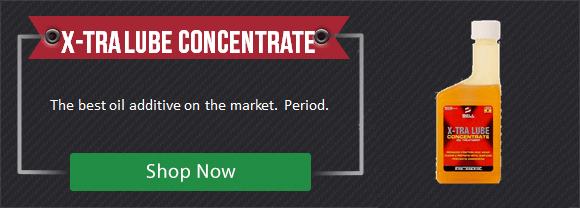
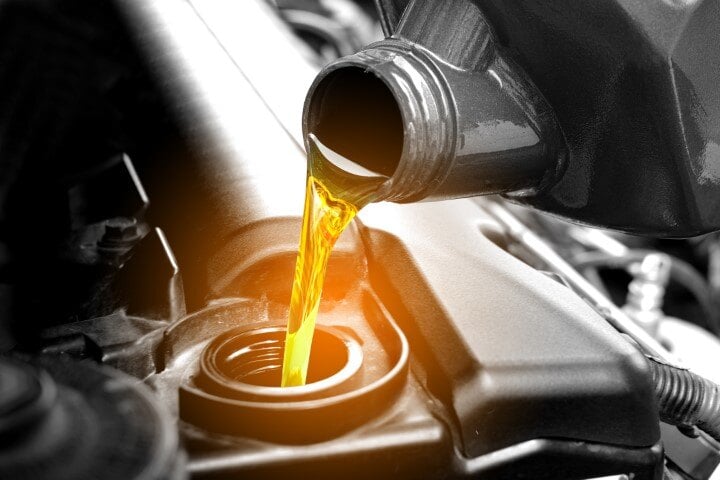
Even as vehicles have gotten more sophisticated in the last 20 years, there’s still one piece of important maintenance that almost anyone can still...
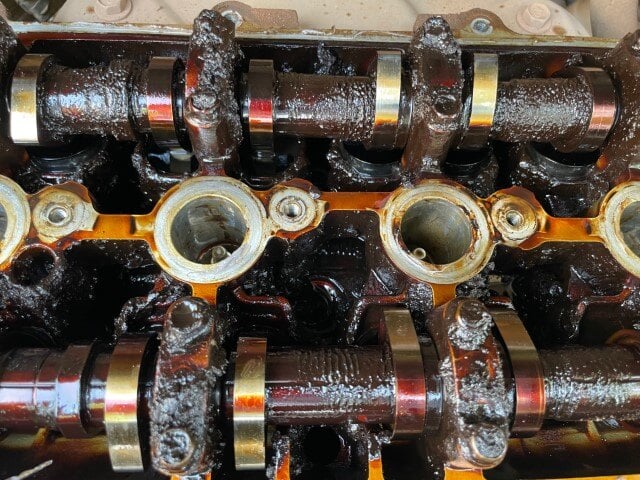
Its time to look at this issue of “engine oil sludge” – what it is and, more importantly, whether you should be concerned about it in your engine....

So why does gas go bad? It all has to do with gasoline's chemical composition.